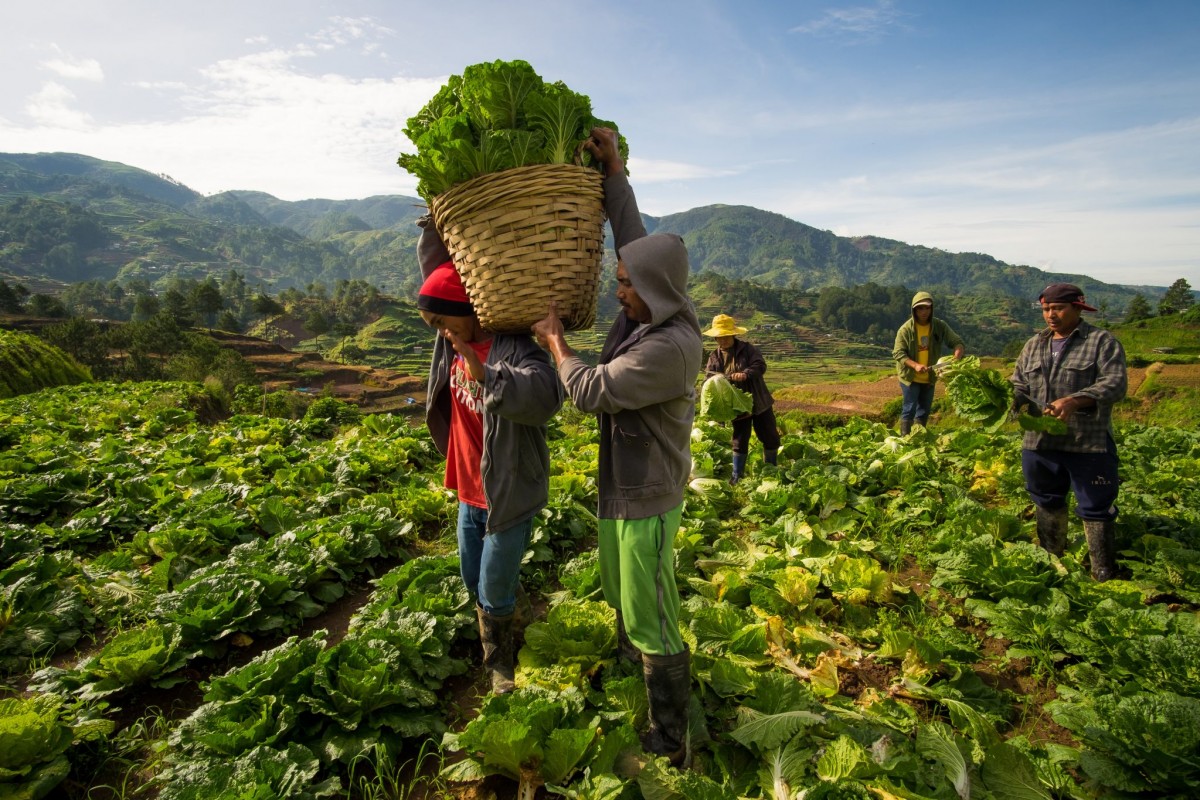(Photo courtesy: Department of Agriculture)
In a relentless effort to drive prosperity in the agricultural sector, President Ferdinand R. Marcos, Jr. has introduced a groundbreaking measures to support the country’s dedicated farmers.
Republic Act No. 11953, signed into law on July 7, 2023, represents a significant milestone in the ongoing evolution of agrarian policies. This legislation brings about crucial changes aimed at aligning past laws with the current New Agrarian Emancipation Act.
Notably, it focuses on the amortization of land loans accrued by beneficiaries of Agrarian Reform, complemented by Executive Order No. 4—a moratorium designed to temporarily alleviate the debt burden carried by farmers.
Understanding Moratorium and Amortization
Executive Order No. 4, a pivotal component of this initiative, grants Agrarian Reform Beneficiaries (ARBs) a respite from their debts for a period for a year—a temporary postponement designed to alleviate financial hardships. On the other hand, amortization refers to the method of repaying a loan through regular, equal payments.
Who Stands to Benefit?
The term "ARB" encompasses landless farmers and landless regular farmworkers who meet specific government-defined criteria and have been granted land that they are expected to repay over time.
Under the newly enacted legislation, ARBs with outstanding debts will have their amortization temporarily halted.
Meanwhile, those who have already settled their debts will receive prioritized access to government credit facilities and support services.
Moreover, this extension ensures that ARBs, who were not covered by the initial implementation of Executive Order No. 4, will now benefit from its two-year extension, benefiting both longstanding and newly designated ARBs.
Implementation and Benefits for Affected Parties
Under Republic Act 11953, beneficiaries of the Agrarian Reform law, including ARBs with existing debts to the Land Bank of the Philippines (LBP) and private landowners associated with awarded lands, will be relieved of the liability payments, totaling P57.55 billion.
For years, ARBs have grappled with the financial obligations tied to the lands they received under the Agrarian Reform program. This initiative seeks to rectify that by redistributing privately and publicly owned land to landless farmers and farmworkers, facilitating progress in agriculture and fostering equity through repayments made via amortization.
The extension of Executive Order No. 4, originally implemented from 2022 to 2023 and now extended to run until 2025, offers a vital reprieve for farmers.
This additional time will allow them to regain their financial footing without the looming pressure of debt repayment, offering them a chance to become self-sustaining before commencing the settlement of their dues.
Timeline and Future Outlook
President Marcos has emphasized that the extended Executive Order No. 4 will remain effective until September 13, 2025—an impressive two-year extension compared to its initial one-year duration.
With this extension, the President anticipates a significant reduction in the financial burdens faced by the agricultural sector. The tangible outcomes of this extension will unfold gradually, with the potential to reshape the future of farming and agricultural prosperity in the Philippines. (PIA-NCR)



